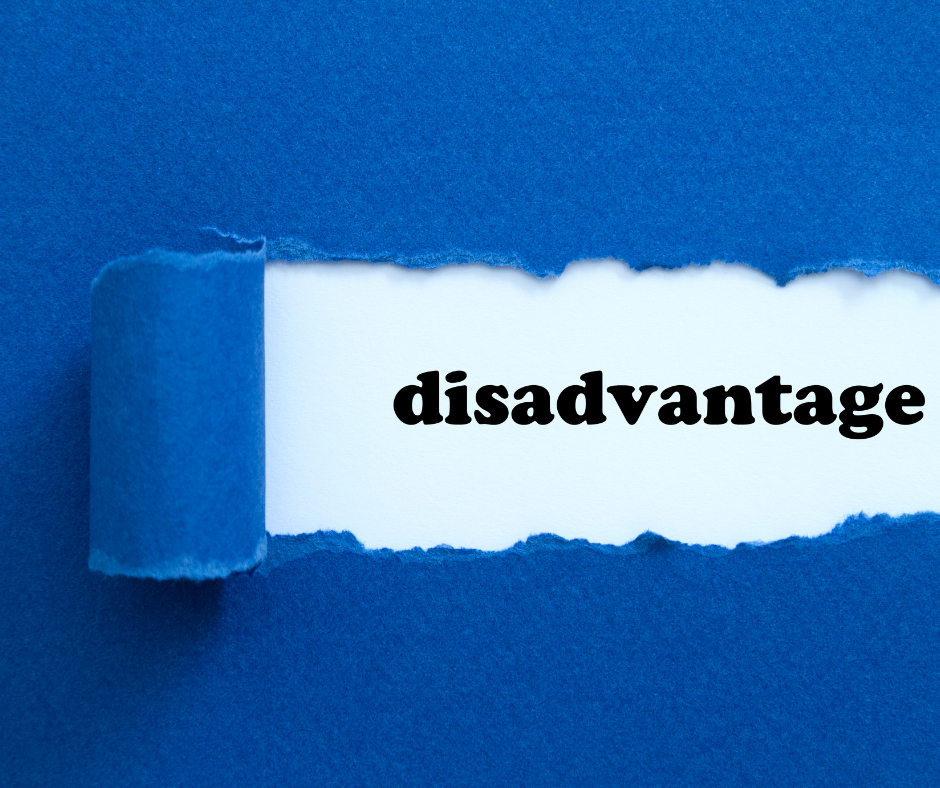In today’s fast-moving employment landscape, contract law is not just a document—it is a lifeline, a boundary, and often, a battleground. Behind every job offer, salary promise, or termination notice lies a legal framework with profound consequences for both employers and employees. Yet, too many people walk into employment relationships without understanding the power and peril contained in the contracts they sign. This must change—urgently.
The Hidden Weight of a Signature
Employment contracts are not just formalities. They are legally binding agreements that define everything from job duties and compensation to termination clauses and confidentiality. For employers, they are tools to manage risk and protect their business. For employees, they are supposed to offer security, clarity, and fairness.
But here lies the danger: when employees sign contracts without full understanding—or when employers draft them without ethical foresight—the result is an imbalance of power that breeds mistrust, exploitation, and conflict.
The Legal Implications: More Than Words on Paper
Contract law in employment relationships covers a vast legal territory:
-
Wrongful termination: Employees can be dismissed in violation of the terms agreed upon.
-
Non-compete clauses: Often restrict future job opportunities for employees after leaving a job.
-
Breach of contract: When either party fails to fulfill their part of the agreement, lawsuits can arise, costing time, money, and peace of mind.
-
Discrimination and unfair labor practices: Loopholes or vague language in contracts can be used to justify unethical behavior.
Every clause matters. Every line carries consequence.
Yet, many contracts are buried in legal jargon, discouraging people from asking questions or seeking legal counsel before signing. This complacency is costly.
The Social Implications: Contracts That Shape Cultures
Contracts not only influence individual careers—they shape company culture and societal norms. When contracts prioritize fairness and transparency, they foster trust, motivation, and loyalty. But when contracts are used to silence, restrict, or intimidate, they become instruments of systemic inequality.
-
Unclear terms lead to confusion and conflict.
-
Unbalanced power dynamics erode morale and productivity.
-
Inequitable clauses reinforce gender, class, and racial disparities in the workplace.
It is not just about legality—it is about humanity.
Why This Matters Now More Than Ever
The modern workplace is changing. The rise of remote work, gig economy jobs, and international hiring makes employment contracts more complex—and more critical—than ever. At the same time, workers are demanding more transparency, flexibility, and fairness.
We are at a tipping point. Either employment contracts evolve into tools of mutual respect and growth, or they remain instruments of control and suppression.
Action Steps: What You Must Do Today
This is not the time to be passive. Whether you’re a job seeker, a business owner, or an HR professional—you must act now:
-
Read before you sign: Always review employment contracts thoroughly. Highlight confusing clauses and seek legal advice if needed.
-
Negotiate wisely: Understand that you have the right to question and negotiate the terms before accepting a job.
-
Audit existing contracts: Employers should regularly review their contracts to ensure they are ethical, legal, and aligned with company values.
-
Educate your workforce: Knowledge is empowerment. Host sessions, share guides, and make contract literacy part of your employee onboarding.
-
Speak up: If a contract feels wrong, don’t stay silent. Use your voice. Advocate for change.
Conclusion: Contracts Must Serve People—Not Control Them
The foundation of any healthy employment relationship is trust—and contracts must reflect that. We need contracts that empower, not entrap. That clarify, not confuse. That respect, not restrict.
This conversation is not optional. It is urgent. Because behind every contract is a human being—seeking dignity, stability, and fairness.
If we don’t challenge the status quo now, we will continue to perpetuate a system that values paperwork over people.
Let’s rewrite the future of work—one contract at a time.






